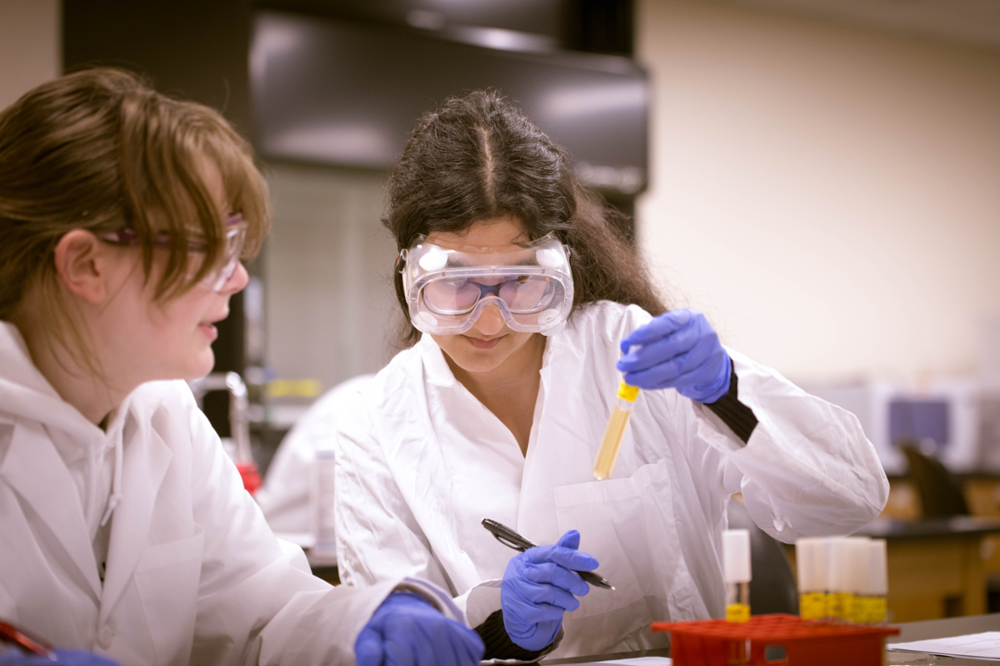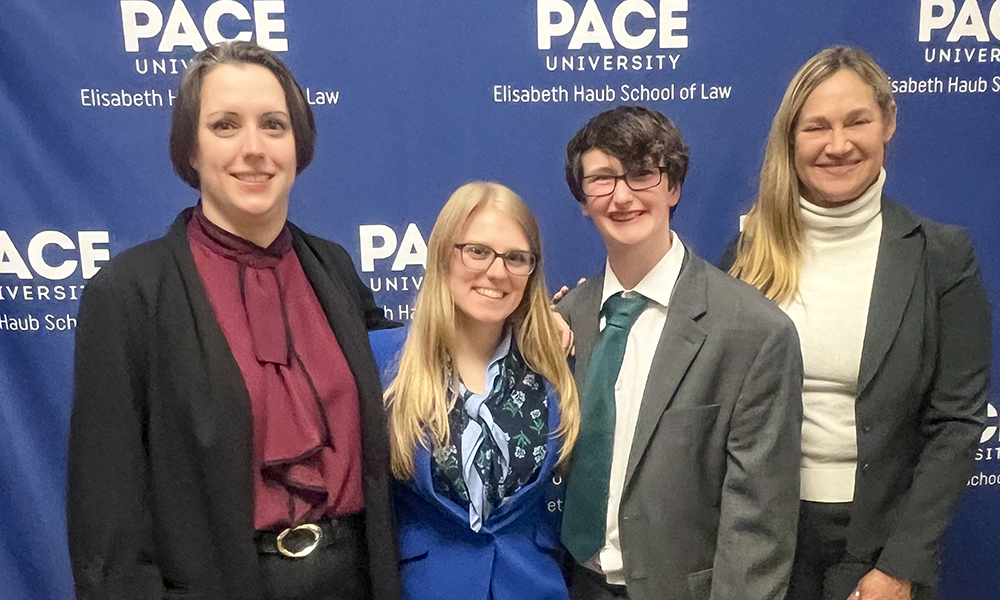Western New England University’s (WNE) forensic biology program has been named one of the top 15 in the United States by ForensicsColleges.com. This recognition underscores WNE’s dedication to delivering an exceptional education in forensic biology, integrating robust theoretical instruction with immersive laboratory experiences and professional internships.
The program’s curriculum equips students with critical skills and knowledge, preparing them for diverse career opportunities within the forensic sciences. With access to cutting-edge facilities located within the school’s $40 million Center for the Sciences and Pharmacy and collaborations with institutions like Brigham & Women’s Hospital Morgue, the Connecticut Controlled Substance and Toxicology Lab, and the Suffolk Crime Lab, students gain invaluable experience applying scientific methods to real-world investigations.
“We are honored to be recognized as one of the top programs in the country,” said Marcus Davis, PhD, Dean of the College of Arts and Sciences. “Our mission is to ensure students not only excel academically but also gain the practical experience needed to thrive in today’s forensic science fields. This ranking reflects the dedication and hard work of both our faculty and students.”
WNE’s forensic biology program stands out for its interdisciplinary approach, merging science with law. In addition to advanced coursework in cell biology, genetics, molecular biology, and biochemistry, students engage in mock courtroom trials at WNE’s School of Law, where they deliver expert testimony. This unique element enhances graduates’ communication and technical expertise, essential for success in today’s legal and forensic environments.
“Our program emphasizes rigorous training in both biology and forensic science, preparing students to become practicing forensic biologists,” added Sean McClintock, PhD, Chair of Physical & Biological Sciences. “Graduates leave not only with a deep technical understanding but also the ability to apply that knowledge to real-life crime-solving scenarios. This ranking highlights our commitment to producing professionals ready to make a meaningful impact.”
The Forensic Sciences program is directed by Georgiana Gibson-Daw, PhD, Associate Professor of Forensic Sciences, and is further supported by Na Liu, PhD, Assistant Professor of Forensic Sciences. Both faculty members have played pivotal roles in building student internship opportunities through community partnerships and ensuring students receive practical, hands-on experiences in addition to traditional classroom and research education.
WNE’s forensic biology graduates pursue careers in local, state, and federal crime labs, medical examiners’ offices, and private investigative firms. Many also go on to advanced graduate programs in biology, medicine, or work in clinical and genetics laboratories.
This ranking highlights the strength of WNE’s forensic biology program and its commitment to preparing students for success in a rapidly evolving field, which is projected to grow by over 27% in the coming years.





